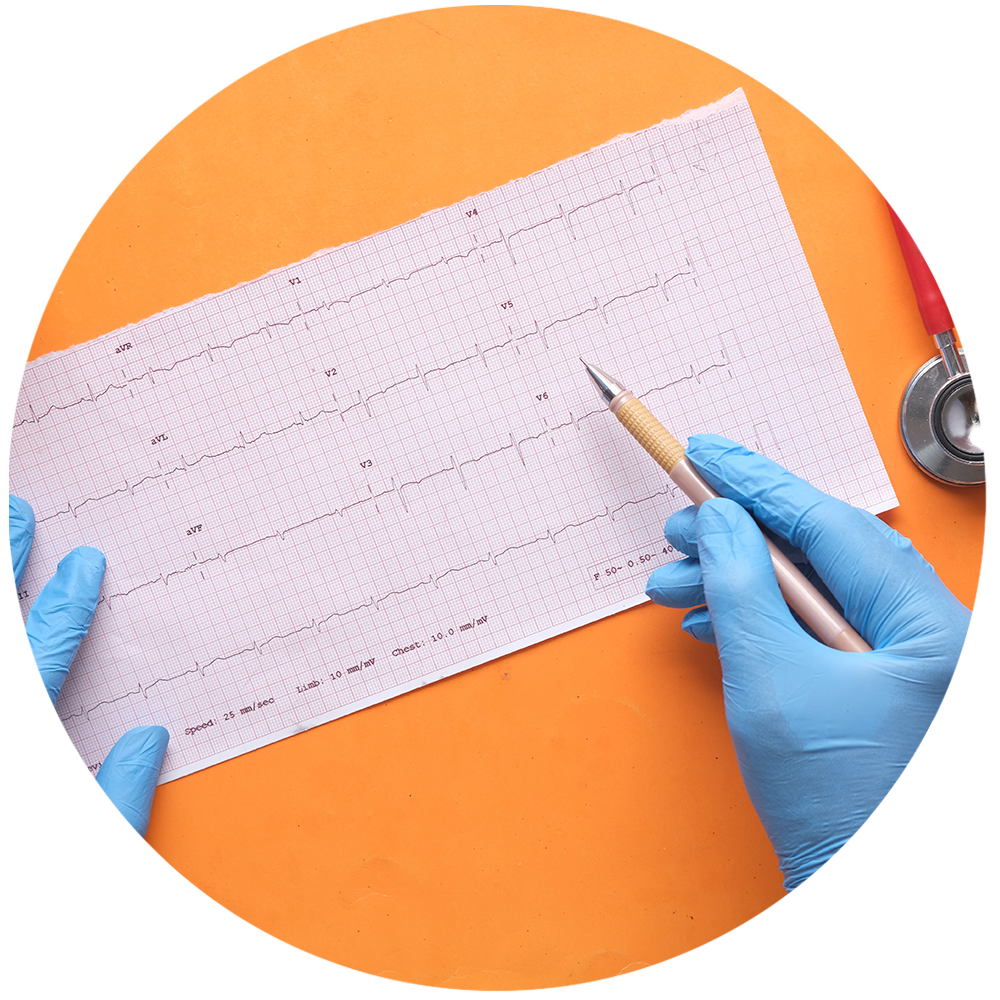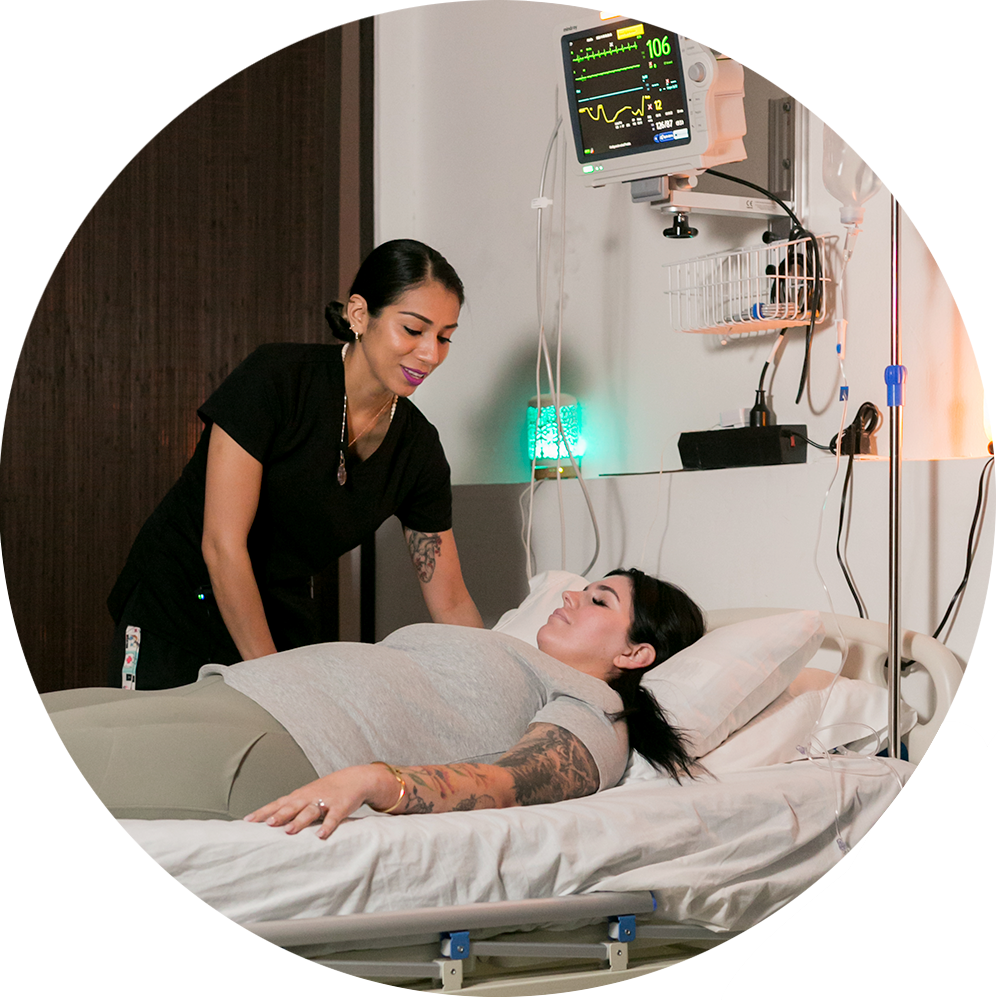Before treatment, a thorough medical and psychological evaluation should be conducted to identify any contraindications or potential risks specific to your health and history. Failing to undergo proper medical screening may result in unforeseen complications during your ibogaine experience, putting your well-being at risk.
The ibogaine provider will require medical tests like electrocardiograms, echocardiograms, urine drug tests, blood chemistry panels, as well as psychological assessments.
For example, ibogaine lowers the heart rate (bradycardia) and prolongs the QT interval, a measure of the time between the start of the Q wave and the end of the T wave in the heart’s electrical cycle.
Therefore, people with a history of having heart attacks, heart murmurs, arrhythmia, heart operation, or severe obesity should not take ibogaine.
The medical team should evaluate you and explain how they determine whether it is safe to admit you to the program, and what special precautions (if any) should be taken before and during your treatment.
This team should confirm your understanding of risks, mitigation strategies, and how best to work together to improve safety and performance of the treatment and related preparation, procedures and practices.














